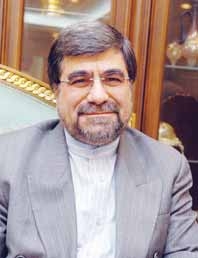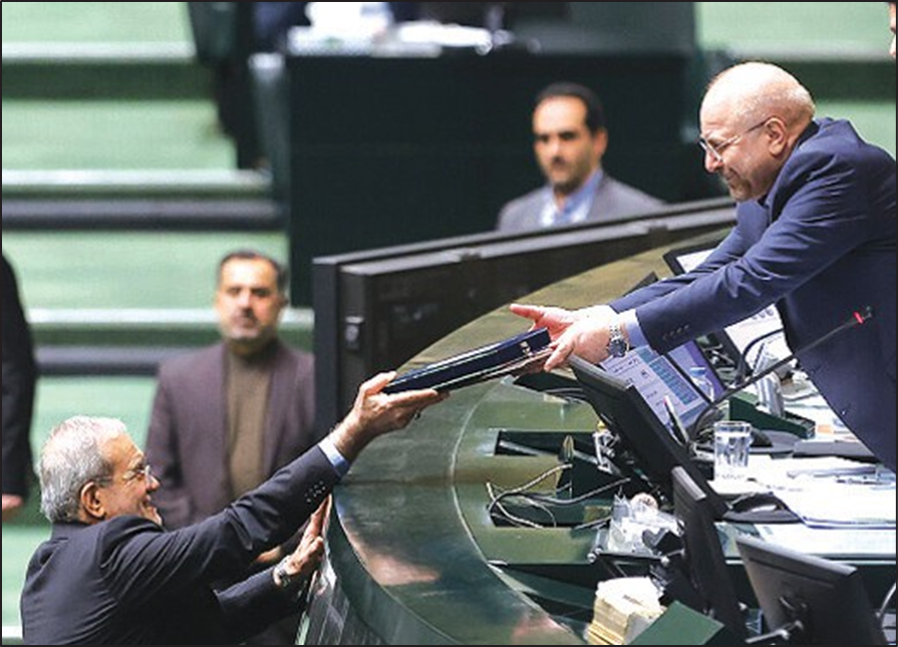
October-18-2013
Culture Minister Ali Jannati says book censorship was too strict under the country’s former government and he intends to change that.
The Culture Ministry is in charge of censorship—of newspapers, books and films—in the Islamic Republic.
In comments quoted by the Iranian Labor News Agency (ILNA) last Tuesday, Jannati said Iran’s censors would have banned the Qoran if Iran’s book censoring rules had prevailed 1,400 years ago.
“If the Qoran hadn’t been sent by God and we had handed it to our book censors, they wouldn’t have issued permission to publish it and would have argued that some of the words in it are against public virtue,” he said.
Jannati said he had reviewed some of the manuscripts the Ahmadi-nejad Administration had banned and concluded that, in many cases, censors had acted based on “irrelevant” issues.
He said in many instances censors had based their decisions on personal opinions, adding that many reviewers lacked the necessary expertise.
Jannati hedged his comments by saying book censorship will continue because the government must act in accordance with rulings made by the Supreme Council of the Cultural Revolution and the Majlis.
“How can we allow some questionable books to poison society?” he asked, making clear that he does not oppose censorship per se.
He did not say what new standards he would bring to censorship or how he would deal with censors who acted on whim.
Many authors and publishers have spoken out against the current rules, warning that censorship has caused a decline in the number of books published and in readership levels.
Writer and poet Farkhondeh Hajizadeh told Radio Farda last year that only two pages of one of her books had not seen some passages blacked out by the censors.
Some other writers have waited years before receiving the required approval.
A few days before Jannati’s remarks, more than 200 Iranian writers, poets, and translators called on him to abolish book censorship completely and allow authors to take responsibility for their own writing.
In an open letter, they said the widespread censorship of recent years had created an atmosphere of fear that would not go away easily. They suggested that a committee be created within the Culture Ministry that writers could consult to avoid breaching guidelines.
Under Ahmadi-nejad, censors even banned some works that had long been in print. Censorship reached such extreme levels that even some works of classical Persian literature had parts redacted or were banned outright.



















